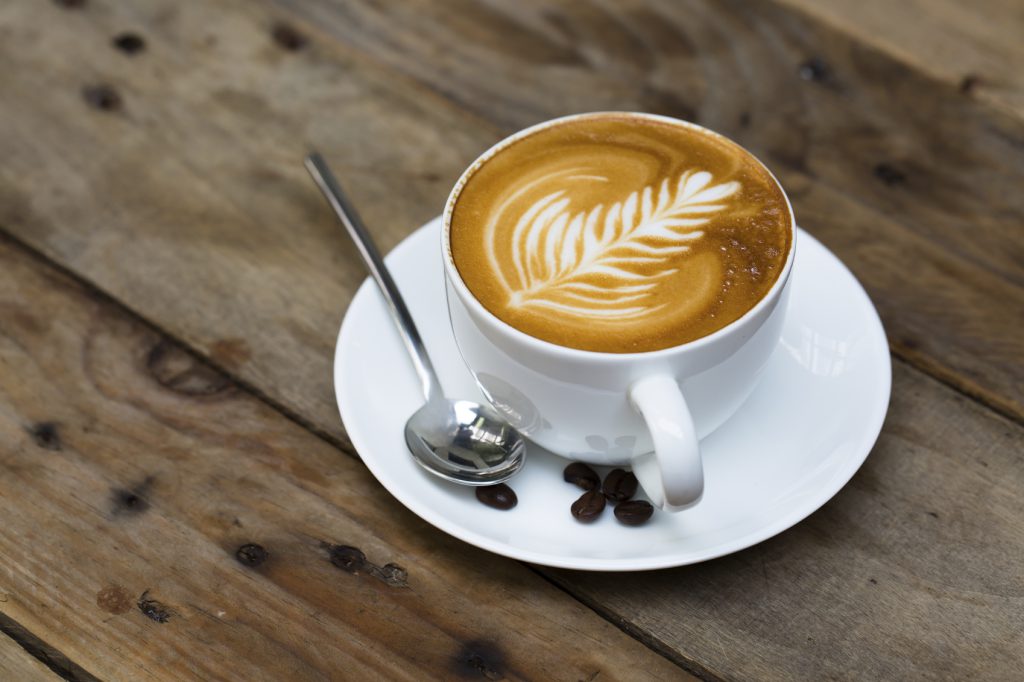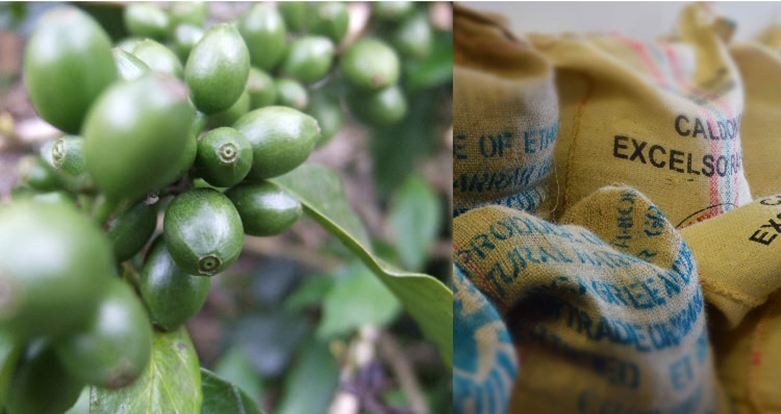- Westlake Village Inn
- News
- Conscious Coffee
Conscious Coffee

Stonehaus Serves Fresh Espresso
We do what we can. We volunteer, we donate our time and money, we recycle, we conserve water, we adopt animals, we shop local, we buy organic produce and certified humane meat and dairy, and then we drag our exhausted, saintly selves into the coffee shop with our reusable mug, and we order conventional coffee. I get it. We’re tired, we’re running late, we need to get on with our day and it doesn’t occur to us to consider where our coffee actually comes from. But when you think about it, we do put a lot of other consideration into our coffee choices. We tend to take our coffee pretty seriously. We have spent our adult lives cultivating our perfect cup, and to some, how we take our coffee can be as much an extension of our personality as our wardrobe. And knowing how another takes their coffee, well that means you truly know somebody. So with all of the other good that we try to do, and all of the thought that we put into our coffee, why do we stop short and order conventional without considering what we’re supporting with our dollars when we do? Probably because we can’t do it all.
With coffee being the 2nd most traded commodity behind oil, the demand to keep up with production takes a major toll on the environment. Coffee naturally prefers shade and flourishes in dense forests, but due to demand, hybrids have been developed to survive in full sun, and over the last 25 years rainforests have been cleared to maximize growth space and ease of harvest, hurting ecosystems and destroying habitats and their inhabitants. For coffee to grow under such unnatural conditions, it requires the use of synthetic fertilizers and pesticides, making conventional coffee beans some of the most heavily chemically treated foods in the world, exposing farmers to harmful chemicals and polluting the air and water supply of the surrounding communities.
Luckily there is an alternative choice, organic coffee. With organic coffee, growing and handling standards and sustainable practices such as the use of renewable resources and the conservation of water and soil are ensured from the farm level all the way to the roaster. Organic coffee shrubs are shade grown under high-canopy trees in their natural habitat, housing a small ecosystem of birds and animals that create natural mulch as fertilizer and therefor are free of synthetic chemicals, ensuring the health of the soil and the water. Shade grown coffee also yields fewer berries, resulting in a higher concentration of flavor, are richer in antioxidants and are less bitter.
As wonderful as all of that is, there is still more to consider. We should choose not just organic coffee, but coffee that is fairly traded as well. The first time I ever thought about the concept of Fair Trade was sometime just over a decade ago when Chris Martin wrote the words “Fair Trade” on his forearm during a Coldplay concert. Embarrassingly, prior to that it had literally never occurred to me. With all of the benefits of organic, Fair Trade Certified products take things a step further to benefit communities in developing countries as well as the environment by ensuring that farming families receive fair prices for their harvests, allowing them to manage their own businesses and compete in the global marketplace, and in turn, invest in their communities, healthcare and education. Fair Trade Certified also ensures safe working conditions, prohibits forced child labor and protects ecosystems by prohibiting planting in protected areas and are always free of agrochemicals and GMO’s.
Luckily, we are beginning to put a more thought into the importance of what we support by how we spend our money, and demand for the organic/fair trade coffee market is growing! The Stonehaus has always directly supported the organic and fair trade coffee industry by sourcing our coffee beans from a family owned, certified organic coffee roaster who uses only Specialty Grade, USDA Certified Organic/Certified Fair Trade beans. Specialty Grade is the top grade that there is for coffee and consists of only 10% of the worlds production. Our coffee at The Stonehaus is from the top 3% of the top 10% Specialty Grade coffee in the world. So when you get your coffee at The Stonehaus, you are not only getting a superior cup of coffee in both quality and flavor, but you are directly supporting a coffee industry who’s practices will improve the environment and the lives of farming families for generations to come, whether you meant to or not 😉
Morgan Caillat

